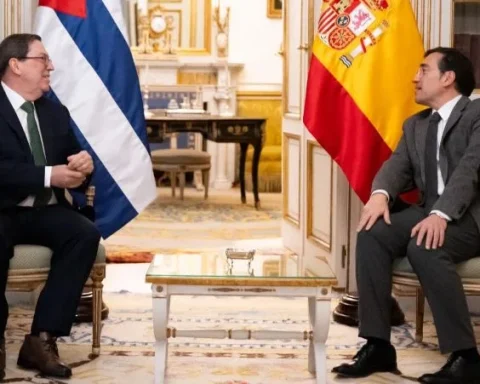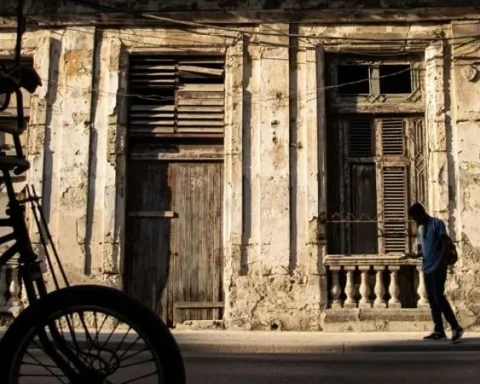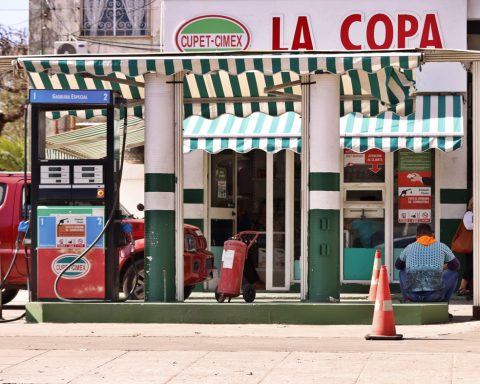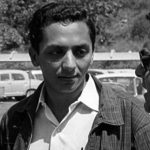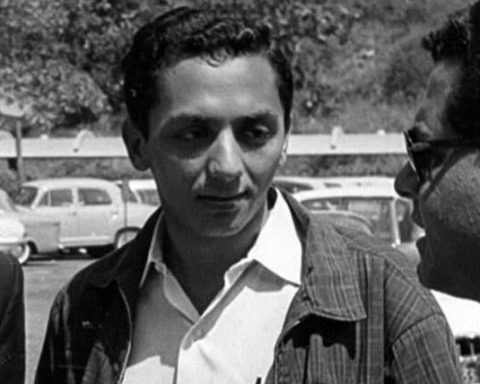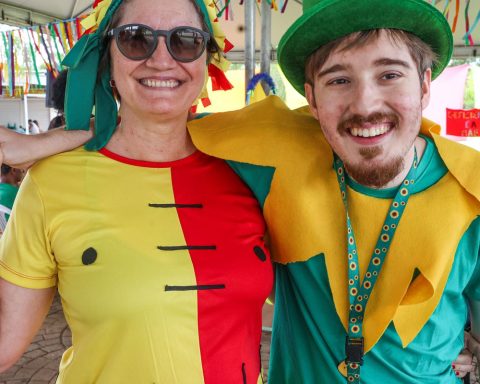Diverse and broad – like the legal norm itself – are the opinions that the preliminary draft of the Family Code arouses in Camagüeyans, whose popular consultation for three months in the neighborhoods of the entire Cuban archipelago, will contribute to enrich the contents of its version 24 and will reaffirm its character of collective construction.
For the writer Alejandro González Bermúdez, the legislative text enhances the dignity of the people who live together in current Cuban society, regardless of their social status, age or physical condition, hence he values its comprehensiveness and markedly inclusive character.
Regarding the necessary process of collective construction that allows citizens to contribute their considerations regarding the document, González Bermúdez told the Cuban News Agency that it is an opportunity to read it, study it carefully and make proposals for the benefit of all.
The worker of the Geo-mining Company of Camagüey, Malena Vega Rosales, recognizes the relevance of article 8: Role of grandmothers, grandfathers, other relatives and emotionally close people, included in title I of the project.
According to my personal experience, their role in raising children is essential as a source of values and wisdom, my grandparents and my aunt are very important role models in my life and that of my brother, and that is why it seems vital to me that they Note in this section its importance in the intergenerational transmission of traditions, culture, education and in care work, he commented.
The subject of marriage as the “voluntarily arranged union of two people with legal aptitude for it, in order to live together, on the basis of affection, love and mutual respect”, defined in article 197, is referred the young stomatologist Cinthia López Trujillo.
For her, in this sense and in that of adoptive filiation – expanded in chapter III of title IV – the most important thing is the family responsibility to protect, educate and offer a full and happy life to infants, beyond guidance sexuality of their guardians.
The provisions related to these two issues and the change in the name of parental authority to parental responsibility have generated controversy in the debates on the bill, which expands the rights of citizens to enter into a marriage union regardless of their sex, develop the process of adoption and share custody and care of children.
These aspects guarantee greater equality of people before the law, since they give the possibility that without discrimination for any reason, they can materialize their life projects, and that from the social point of view is obviously an advance, specified the judge of the Civil Chamber of the Provincial Court of Camagüey, Marcia Chicoy Ramírez.
As indicated in its justification, the Family Code Project, consistent with the legal system and social reality, evidences the need to transform the current legislation of 1975, since in this matter it no longer responds to the family diversity of the Cuban society of the first two decades of this 21st century.
